Why deep sea mining campaigners are disappointed in the upcoming UN Ocean Conference
The UN Ocean Conference was supposed to be the place for like minded stakeholders to condemn deep sea mining. But environmentalists find the text of an expected Political Declaration 'pitifully weak'.
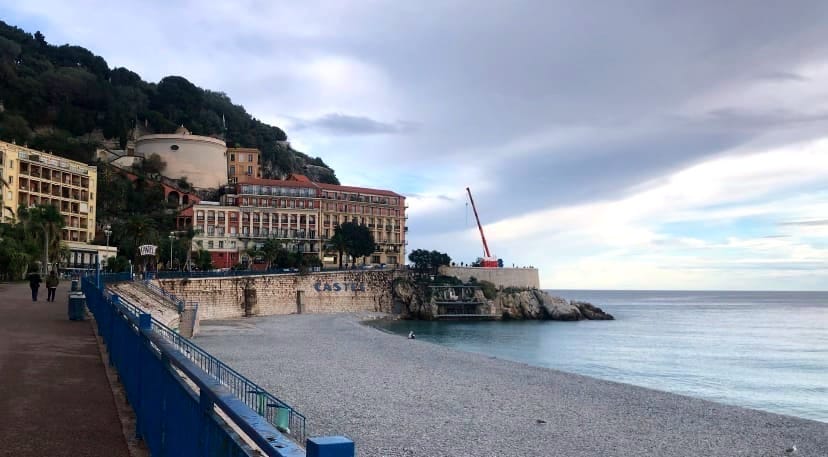
Anti deep sea mining activists are not happy with the wording of a Political Declaration expected to come out of the UN Ocean Conference next week.
The conference takes place between 9 and 13 June in Nice, France and is expected to discuss how to accelerate protection of the world's oceans.
Ahead of the conference, UN facilitators have been working on a Declaration for conference goers to adopt by consensus, along with a list of voluntary commitments.
But GreenPeace says it's seen the final draft and it's not happy.
No mention of deep sea mining
The Nice Ocean Action Plan, as it's dubbed, has no reference to deep sea mining.
In a year when Donald Trump has bypassed the UN regulator and unilaterally greenlit deep sea mining, GreenPeace thinks the absence of any reference is "pitifully weak".
Its Oceans Campaign Director, John Hocevar, says:
"As the Trump Administration and a handful of billionaires push to launch the destructive deep-sea mining industry in our last untouched wilderness, the world must respond with courage, not compromise. Governments must condemn this unilateral attempt to seize a global commons, and support a global moratorium on deep sea mining.”
Draft Zero
The draft that Greenpeace has reportedly seen is the third revised version.
The original draft that was shopped around by UN facilitators did, in fact, call for a precautionary approach to deep sea mining at the International Seabed Authority.
When it was first circulated in December last year for review by government delegations, Clause 14 of draft zero stated:
"We reiterate the need to increase scientific knowledge on deep sea ecosystems and emphasise the importance of a precautionary approach, including for deep sea mining. We welcome the work of the International Seabed Authority towards the development of robust rules, regulations and procedures in accordance with the UNCLOS."
Consultation process
It’s not clear when or why that paragraph was removed, but according to this schedule, the first draft of the Declaration had been constructed with detailed input from 'groups of states, individual delegations and other stakeholders' at the conference preparatory meeting in July last year.
The UN Department of Economic and Social Affairs then asked a wide range of stakeholders in November to "list up to three key actions that... could be considered by Member States for inclusion in the 2025 UN Ocean Conference Declaration."
The request elicited 921 responses from 380 stakeholders ranging from scientists to NGOs to students, as well as Indigenous Peoples.
Deep sea mining was listed among the key topics and recommendations which emerged as being important to stakeholders:
One of the 16 listed Key Topics and Recommendations from Stakeholders for the 2025 UN Ocean Conference Declaration:
The draft was then formally presented to UN member states in January, followed by several weeks of informal consultations, before being finalised by the secretariat on 1 May.
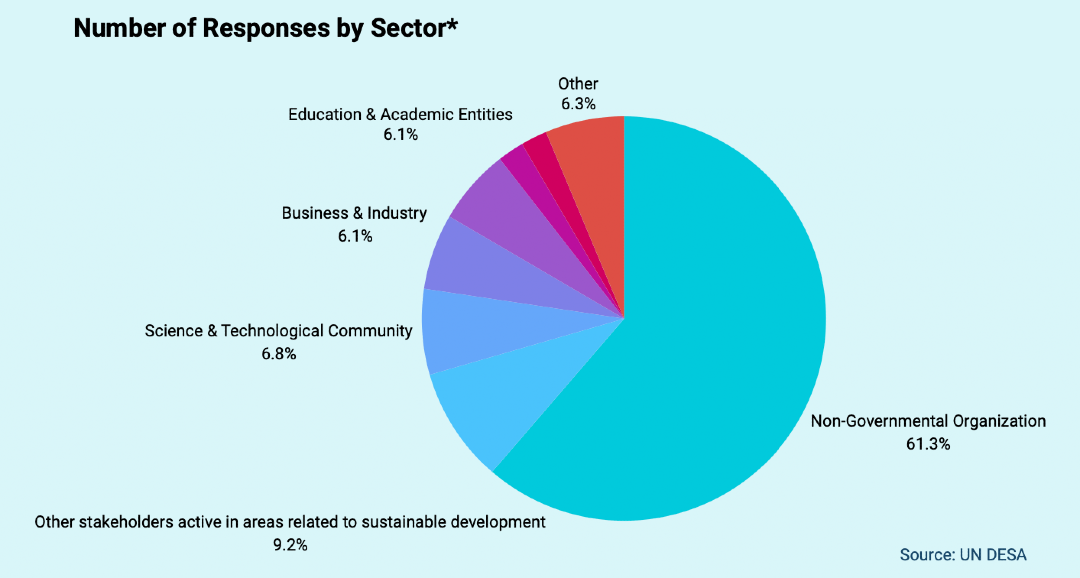
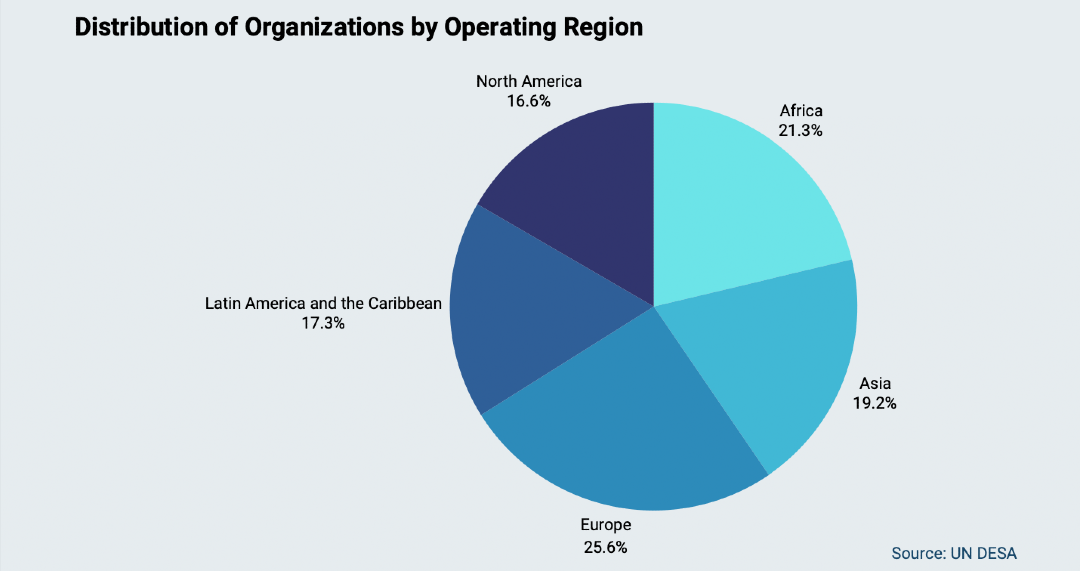
A blow to environmentalists
Whenever the reported change in text happened, it is a huge blow to environmentalists.
Megan Randles, who will head Greenpeace's delegation to Nice in less than two weeks says:
“We’re shocked after all the fine words from the organisers of this conference to find a declaration text that lacks the ambition needed to protect the oceans. The UN Ocean Conference was supposed to be the moment when governments turned the tide and showcased genuine progress. Instead, we are handed a weak political declaration with glaring omissions and weak language."
The US government's deep sea mining plans have fired up activists and some scientists who say it is a threat to marine systems, will reduce biodiversity, and could affect the climate, due to the ocean's role in carbon cycling and climate regulation.
Just last week, Deep Sea Conservation Coalition, which represents over 130 NGOS, wrote an open letter to the UN Secretary-General, Antonio Gutteres, imploring him to back a moratorium against deep sea mining.
The letter pointed to the upcoming UN Ocean Conference as the perfect backdrop to send such a message. So far, 33 countries support the moratorium.
Greenpeace wants governments to reject the "weakened declaration" at the conference and demand "meaningful, science-based protections that reflect the true urgency of the ocean crisis".
Other concerns
Deep sea mining isn't the only area in which Greenpeace thinks the final reported draft of the Ocean Conference Declaration fails. It's also concerned about what it calls the lack of any urgency on the Global Ocean Treaty ratification; the lack of concrete commitments to additional financial resources; and the absence of a clear reference to the need to reduce plastic production, among other issues. You can read details of all their concerns here.
UN Ocean Conference 2025
The UN Ocean Conference is being held under the theme "Accelerating action and mobilizing all actors to conserve and sustainably use the ocean".
It's the third conference of its kind and is aimed at supporting Sustainable Development Goal 14 which speaks to conserving and sustainably using the oceans, seas and marine resources for sustainable development.
Deep sea mining was expected to be top of mind at the conference given the recent developments, which has seen two American companies - The Metals Company and Impossible Metals - apply for licences to harvest minerals in the form of polymetallic nodules from the Pacific Ocean seabed.
Read:
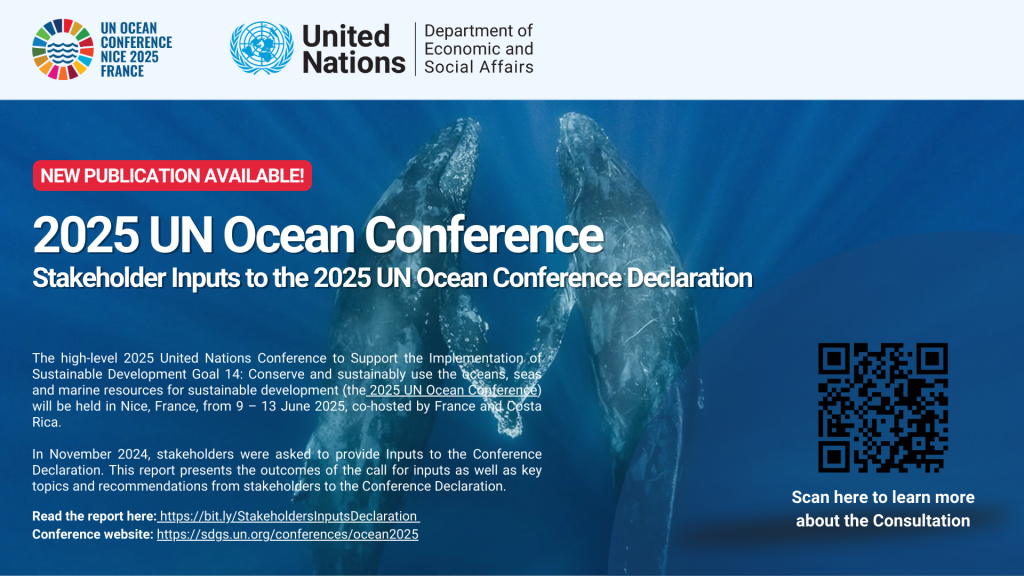
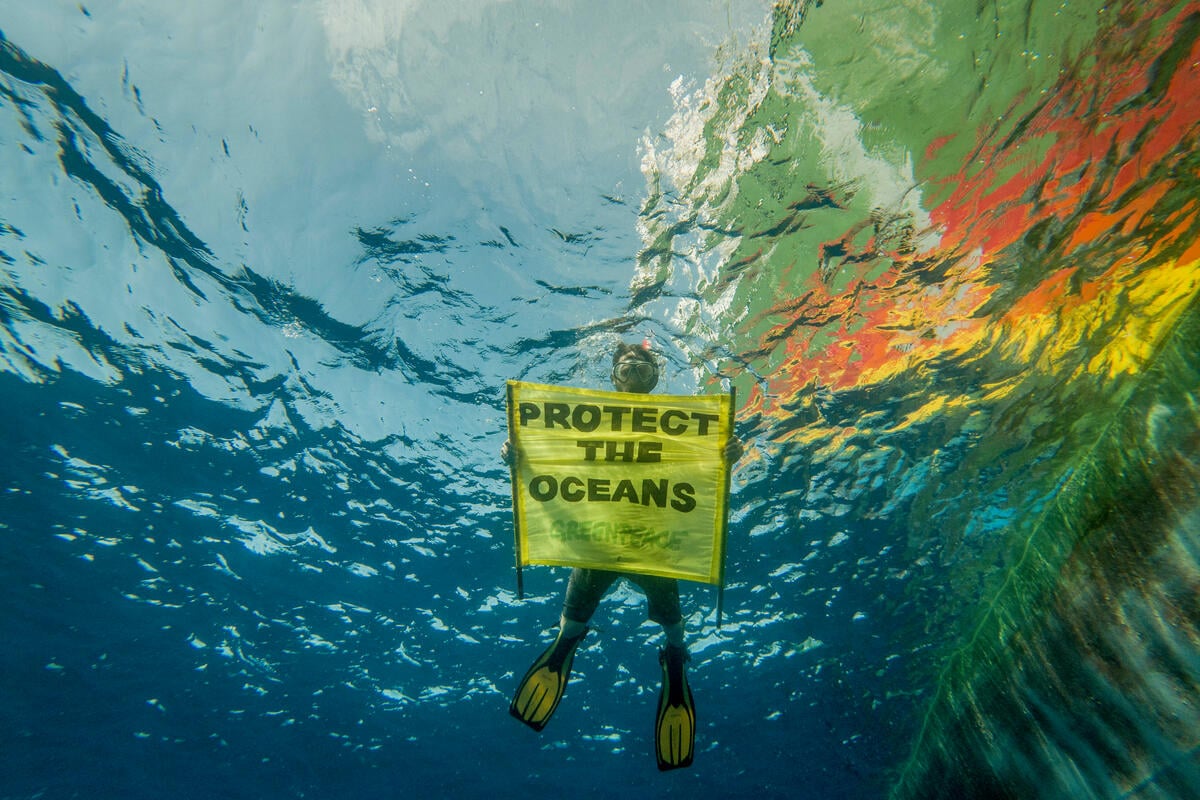
For editorial comments or questions: [email protected]



